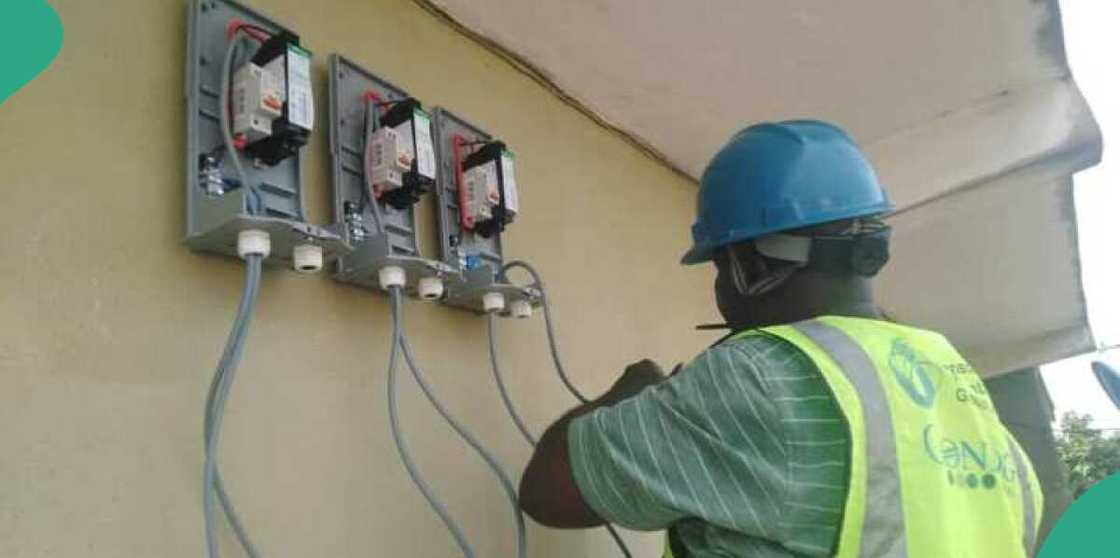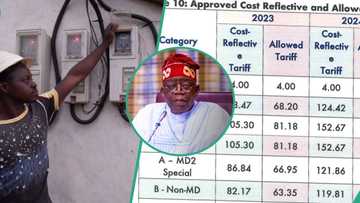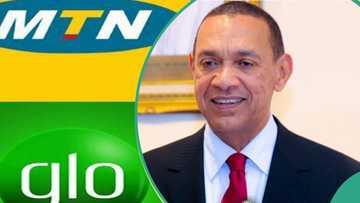No More Intermediary: NERC Announces Changes to Process of Buying Electricity From Producers
- NERC has granted the authority for power distribution companies to buy electricity directly from producers
- This was after eleven electricity distribution companies indicated plans to withdraw from the NBET
- Through bilateral contracts, NERC wants DisCos to reduce their exposure to volumetric energy risks
Ikeja Electric, other DisCos announce new electricity tariff, FG approves increase
Power distribution companies (DisCos) in Nigeria have received a nod from the Nigerian Electricity Regulatory Commission (NERC) to buy electricity directly from commodity producers.
This development comes after ten years of relying on an intermediary called the bulk trader.

Source: UGC
Through power purchase agreements, the government-owned Nigerian Bulk Electricity Trading Plc (NBET) usually purchases electricity in bulk from production companies and sells it to distribution companies (DisCos) through vesting contracts, with the latter supplying it to the end users.
No more intermediaries
With the new development, BusinessDay reported that DisCos can now purchase power directly from GenCos through bilateral contracts, according to the Nigerian Power Regulatory Commission (NERC) in the Multi-Year Tariff Order 2024.
According to the documents, the changes came after 11 electricity distribution companies in the nation indicated plans to withdraw from the NBET's vesting contract regime in their tariff review petitions.
The regulator stated that on January 1, 2024, the revised order acknowledged a modification to the partially contracted capacity (PCC) of the DisCos to guarantee a minimum energy offtake.
This year, the 11 DisCos must meet a minimum energy offtake requirement of 4,063MWh/h.
It added that the DisCos are required to secure adequate bilateral contracts, which will help facilitate a seamless exit from NBET's vesting contract regime.

Read also
No more N89/kW: Ikeja Electric, Other DisCos announce new electricity tariff, FG approves increase
NERC said the DisCos must reduce their exposure to volumetric energy risks through bilateral contracts.
By January 2024, it said that the DisCos would be unable to pursue claims for any revenue shortfall resulting from generation deficiencies.
It stated that to serve their customers and guarantee a consistent migration of customers to higher service bands due to increasing supply levels, the DisCos must also continuously get larger energy volumes.
Customers are divided into maximum and non-maximum demand customers under the service-based tariff structure implemented in 2020. These consumers are assigned to different bands (A to E) depending on the supply level.
Data from the Nigerian Electricity System Operator show that as of 6:00 am on Thursday, the nation's total power generation was 4,365.2 megawatts (MW), with a generation capacity of 7,652.6 MW.
TCN announces date Nigerians will enjoy improved electricity
Legit.ng reported that the fifty-three (53) ongoing power projects funded by the Central Bank of Nigeria (CBN) power intervention fund will be completed by May 2024, the Transmission Company of Nigeria (TCN) has announced.

Read also
Global oil giant, Shell, to sell Nigerian company after sacking workers, 5 firms ready to buy
Matthew Ajibade, the TCN programme coordinator in charge of the initiative, made this known during a tour of three projects at Ojo, Isolo, and Oworonshoki transmission stations in Lagos on Wednesday, December 6.
According to Ajibade, the project will improve the ability to transport electricity by over 1,000 megawatts upon completion.
PAY ATTENTION: Unlock the best of Legit.ng on Pinterest! Subscribe now and get your daily inspiration!
Source: Legit.ng



